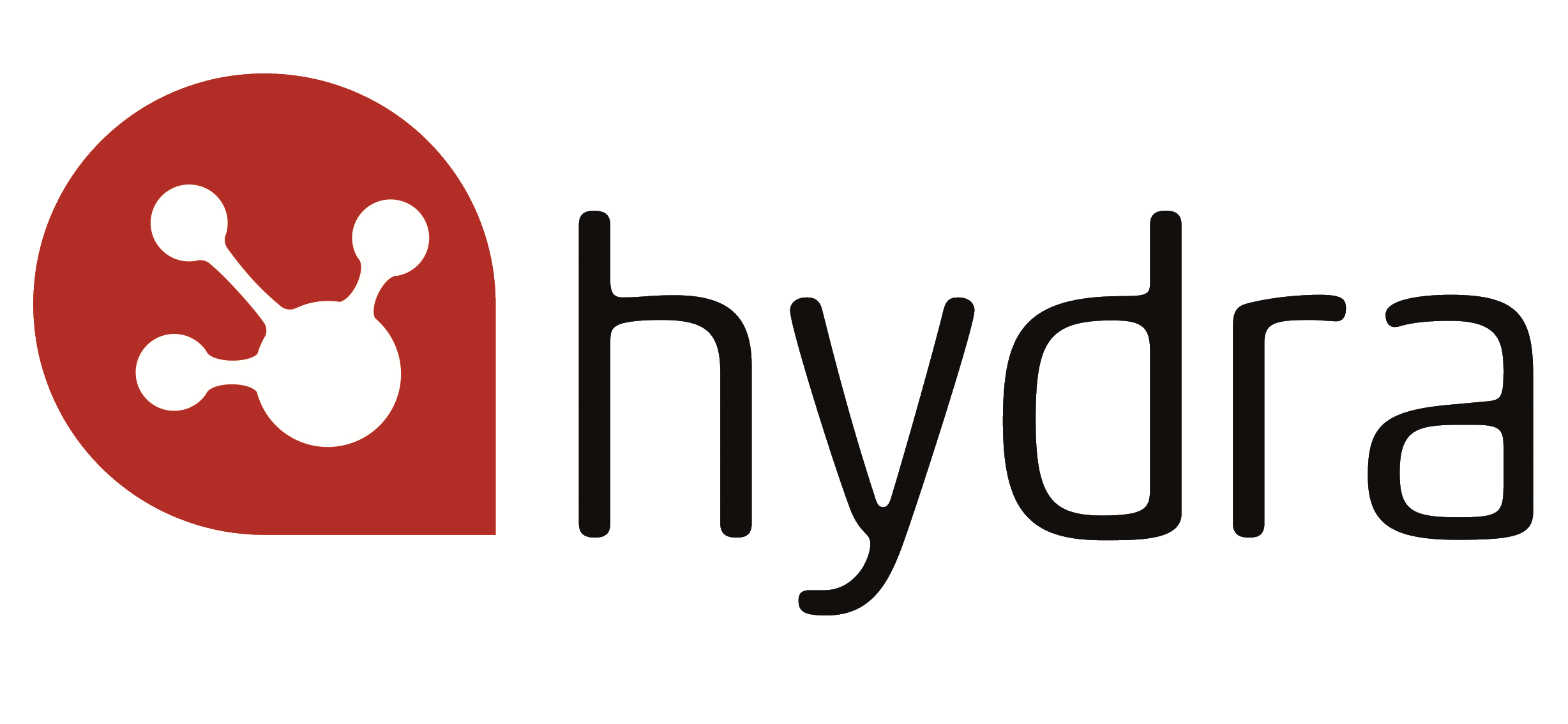7 project management paint points and how to ease them
Following on from our articles on managing remote project teams, we look at 7 project management pain points that remote project teams may face and offer some techniques and tips to ease these.
Gone are the days when a project team consisted of a close-knit group of workers in the same location all closely monitored by supervisors and their project manager. Now, managing a project in the modern world of remote working, outsourced providers and online collaboration brings its own distinct set of challenges.
This new way of working has introduced a unique set of potential pain points - problems that can really hurt your project, not just in isolation, but repeatedly. The first step to avoiding these potential pain points is identifying them. Only then can they be effectively controlled and managed.
1. Planning and organisation
The organisation of a successful project is often the most challenging part of a project’s delivery. When dealing with remote workers and outsourced providers, planning and keeping track of tasks can be particularly problematic. Planning, delegating tasks and then keeping track of those tasks, are all processes which are vital to a project running smoothly. Once these processes have been established, the project manager is then able to switch to other important responsibilities.
Getting this organisational aspect of a project manager’s job together is a great basis for good practices to be set in motion. Organisational tools, such as those for effective resource management or capacity planning, help to ensure teams stay on target and stay organised without requiring the constant supervision of a project manager or for someone to have to remember each action item which is delegated to a colleague.
2. Accuracy when estimating
Estimates are a forecast of the length of time needed to complete different project elements and accurate estimates will determine the overall profitability of the project and achieve ROI.In order to produce accurate project estimates you need to rely on your data and the quality of that data. Understanding the importance of data in your projects and how this will impact future planning is one of those project management pain points that is also a data issue.
Despite the complexities involved, it is still important to do the very best job with your project estimates. Faulty estimates mean missing deadlines, breaking budgets and leaving your clients less than impressed.
The first step to creating accurate project estimates is to define:
- What you have to deliver;
- When you are expected to deliver it by;
- At what stage the project is considered complete.
3. The need for constant follow-up
Staying up-to-date with who is doing what and whether each element of the project is on track is an essential part of the project manager’s role. Keeping up with each member of the team, particularly those working offsite and third-party service providers, can eat into your working day.
Although these can seem boring and time-consuming, they are a critical part of the project manager’s experience. They are essential so that any project manager can have an idea of the overall state of direction the project is going in.
Project managers must ensure that the follow-up process becomes easy to deal with. This helps keep things on-track in the long-term. The use of online project management software can be an asset for this, allowing project managers to save both time and efficiency.
4. Assigning accountability
This can be the hardest aspect of project management for people to deal with. It requires those who have had a task delegated to them to carry it out to the best of their ability. No-one likes to feel responsible for things which can go wrong on a project.
Ultimately, it is the project manager who is accountable for the successful delivery of a project, but determining who is accountable for each task can be a lot more complicated. When there are several individuals working on the same task, one employee needs to be made accountable so all parties understand their roles and know what to expect.
Project managers need the skills to be able to allocate accountability to their colleagues clearly and without any opportunity for misunderstanding. This allows for a clear chain of command and for transparency about who is responsible for ensuring which task is completed.
5. Evaluation
Providing feedback is a key responsibility which is a vital role for project management. Project managers can only fulfil this responsibility when there are established processes which collect data on a colleague’s performance.
But evaluation needs to be supported by evidence and must be analysed so that team members feel the project manager has their best interests at the forefront of all activity. Online management tools can offer ways to provide feedback to colleagues based on performance and overall task completion which allows a project manager to give thoughtful but, more importantly, fact-based evaluations.
Accurately evaluating an individual’s role, and supporting this evaluation with evidence, is a key responsibility for project managers. Collecting accurate data on a team member’s performance can be difficult, but it plays a vital role in the delivery of fact-based evaluations that team members will value.
6. Providing feedback
Running alongside evaluation is feedback. Providing valuable feedback can be problematic for project managers who dislike confrontation. While it’s easy to offer feedback to colleagues who are doing well, the project manager must also be able to deal with situations where there is improvement required.
Telling someone they are doing well and encouraging them to “keep up the excellent work” is far simpler than the tact and finesse needed to reassure someone that while they may need improvement, not all is at a loss, and that they can be supported to do better.
Colleagues must feel they have time to improve their work and then be able to come back to their project manager with improved performance results.
Providing honest feedback can be difficult for project managers who dislike confrontation, but it is an essential part of the project manager’s role. Telling someone they need to improve their performance is not an easy thing to do, and to be effective, it must be done in the right way
7. Visibility
Having visibility of project resources, individual tasks and the project as a whole, will make a project manager’s job much easier. Having an individual location where information is stored is a fantastic way to keep track of the progress of tasks and inform the participants of changes at the same time.
Making sure information is available to all those involved in a project is vital. Sometimes it may not always be readily available and this can cause communications mix-ups. When everyone is privy to the same information, it generates a healthy transparency within teams and leads to continued improvements.
Conclusion
While the 7 pain points are difficult to deal with, the old maxim holds true – practice makes perfect. Project managers should strive to use their skills and experiences to make sure these 7 pain points become a routine part of their daily processes, preventing larger issues with both projects and colleagues. For more information why not have a look at our series of webinars or Hydra brochure.


